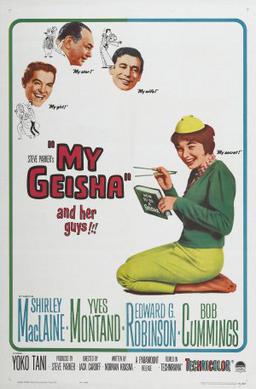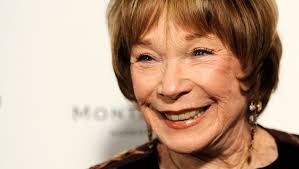
We are now closer than we have ever been to victory. The near future. A civil war has broken out between an authoritarian US Government and various regional factions. The dictatorial President (Nick Offerman) who is serving a third term, claims that victory is close at hand. Renowned war photojournalist, Colorado-born Lee Smith (Kirsten Dunst) saves aspiring photojournalist Jessie Cullen (Cailee Spaeny) from a suicide bombing in Brooklyn. Lee and her colleague, Florida-born Reuters journalist Joel (Wagner Moura) intend travelling to Washington DC to interview and photograph the president before the city falls. Lee’s mentor New York Times veteran journalist Sammy (Stephen McKinley Henderson)asks to accompany them as far as Charlottesville where the Western Forces (‘WF’) of Texas and California are presently assembling. Despite Lee’s hesitance she and Joel agree. Unbeknownst to Lee, Jessie persuades Joel to take her with them as well. After leaving NYC, the group stops at a rural gas station protected by armed men where Lee negotiates the purchase of fuel in Canadian dollars. Jessie wanders off to a nearby car wash, which she saw from the road. There, she finds two men being tortured by the owners, who claim that the men are looters. One owner follows Jessie but Lee defuses the situation by taking a photo of the man posing with his victims. After leaving, Jessie berates herself for being too scared to take photos. Following an overnight stop close to ongoing fighting, the group documents the combat the next day as militiamen assault a building held by loyalists. Lee sees Jessie’s potential as a war photographer, while Jessie photographs the militia executing captured loyalist soldiers. Continuing on, the group spends the night at a refugee camp before passing through a small town where, under watchful guard, residents attempt to live in blissful ignorance. Look at the tops of the buildings. Be subtle. Lee and Jessie grow closer, trying on clothes at a local shop. Later, they are pinned down in a sniper battle amid the remains of a Winter Wonderland theme park. No one’s giving us orders, man. Someone’s trying to kill us and we’re trying to kill them. The snipers they are with mock Joel’s attempts to ascertain which party they are fighting for or against, telling Joel that they and the sniper in a nearby house are simply engaged in a struggle for survival. Jessie’s nerve builds and her photography skills improve as she witnesses several deaths and she develops a mentorship under Lee … They shoot journalists on sight in the capital. Writer/director Alex Garland’s latest film plugs into the inflammatory State of the Union as it currently pertains, figuring a fissure that is as much physical as ideological with the Western secessionist states of California and Texas pitched against the federal forces that protect a President hiding out in the White House. Garland’s work from The Beach onwards has focused on trouble in paradise and lately on dystopia. Lee and Joel are both camouflaging psychological disturbance from previous war zones – she has PTSD, he has modern-day shellshock and Lee especially exhibits something world weary cynicism to control symptoms that threaten to erupt into something worse. It’s gonna make a good image. How that dissonance within Lee translates into a kind of mentoring relationship with Jessie reflecting Sammy’s relationship with her provides much of the tension as the action and violence spiral the further into the US they travel. I remember you at her age. The juxtaposing of beautiful landscapes with jarring imagery of shock and awe combat provides much of the troubling visual texture. The sense of reality, the minutiae of a road trip under fire and the urgency of the storytelling has the quality of reportage from the front line. The fact that Lee wants to photograph the President to prove he is still alive speaks volumes. What happens ultimately is straight out of the Romanian playbook. The ones who get taken are always lesser men than you think. With no enemies identified, the viewer is asked to come to their own conclusions, a motley crew of varying protagonist-journalists providing a kind of collegiate and immersive focus group of the population, a prism for coming to terms with radical change and war as Americans fight Americans. Every instinct in me tells me this is death. Whether the presence and role of good old-fashioned photojournalists recording events makes a difference is not really questioned here – it’s presumed necessary for history: proof that things are happening because seeing is believing. Hence the acknowledged reference to Lee Miller in Dunst’s character’s name. What kind of American are you? A powerful state of the nation portrait that feels immediate and true. What happened back there is nothing in comparison with what we’re heading into




























































































